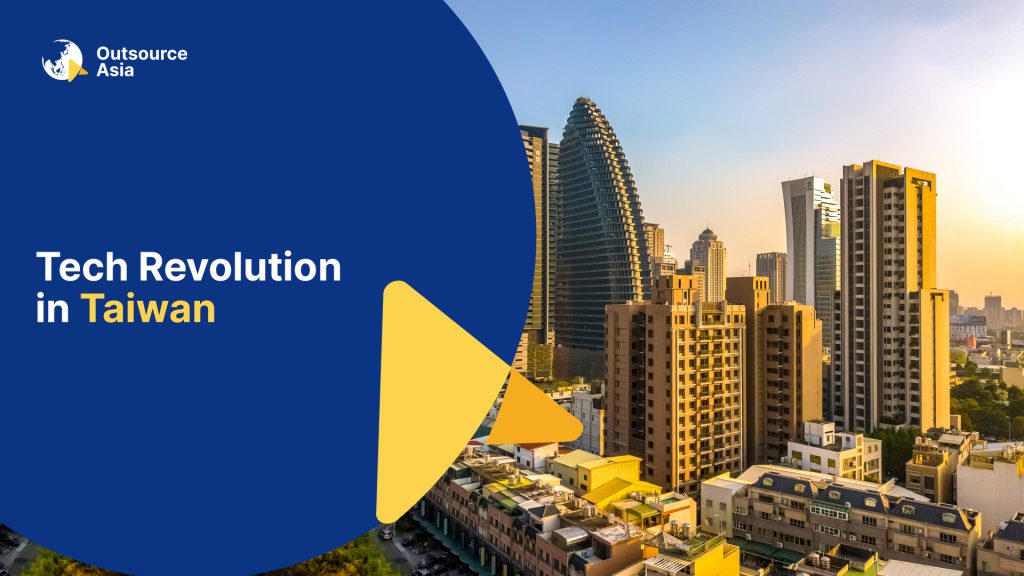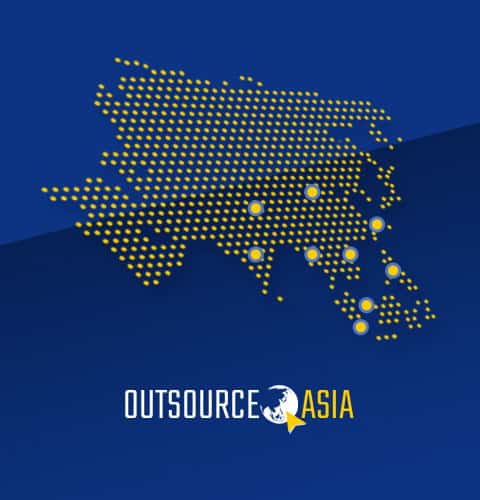
Tech Revolution in Taiwan
Rapid technological development has brought about AI and automation on an unprecedented scale. It’s estimated that 40 to 50 percent of workers with low education are at risk of automation by the mid-2030s.
This article on the tech revolution in Taiwan examines aspects of the post-pandemic era, examining how organizations respond towards the impact of automation and technology on job availability. It also examines decisions by policymakers and business leaders on aspects of cybersecurity management and data and privacy protection.
Background
Initially, Taiwan’s industrialization was driven by textile factories as well as companies that manufactured light goods, like small appliances, footwear, and athletic equipment. Eventually, companies began manufacturing semiconductors and electronic equipment, such as radios, televisions, and computers. Computers and computer peripherals were Taiwan’s largest exports by the mid-1980s. The country also established steel and shipbuilding industries, but they were less important than those manufacturing information- and communication-technology (ICT). In contrast to Japan and South Korea, Taiwan’s economy is primarily driven by small and medium-sized businesses rather than large conglomerates.
Impact of Automation and Technology to Job Availability
McKinsey reports that by 2030, 75 million to 375 million workers (3 to 14 % of the global workforce) will need to switch occupational categories as a result of various forms of automation, including AI and robotics, and that 60% of occupations have at least 30% of constituent work activities that could be automated. On the other hand, The Global Future of Work Survey revealed that nearly half of employers in the Asia-Pacific region expect to need fewer employees by 2020, while respondents reported that 12% of work is currently being done using AI and robotics, compared to only 7% three years ago, and they anticipate that this figure will rise to 22% in the next three years.
In preparation for various workforce displacement issues and business disruptions due to automation and technology, Taiwan has already launched its $9.7 million worth Artificial Intelligence Talent Cultivation Program in 2019. The initiative concentrates on strengthening industry-academic collaboration and developing Problem-Based Learning education platforms that will help eliminate the mismatch between graduates and companies. Outside the higher education system, the government is also upskilling and reskilling workers with knowledge about AI and machine learning. The ultimate goal is to lift economic growth by bringing in people with professional skills or domain know-how to learn AI and bring it back to their industry to increase competitiveness.
Cybersecurity Management and Data and Privacy Protection
Acer, a Taiwanese electronic gear company, was reportedly the victim of a ransomware attack in March 2021 by a hacking gang known as REvil. It sought $50 million from Acer and uploaded screenshots of hacked bank records and confidential information on its dark web-based data leaks blog, the highest amount ever asked in a such attack anywhere. According to reports, Acer attempted to bargain with REvil and offered a cheaper price, which the hackers turned down.
Quanta, Apple’s main Taiwanese MacBook supplier, became REvil’s second Taiwanese ransomware target a month later. REvil allegedly wanted $50 million from Quanta to retrieve 21 screenshots of allegedly stolen MacBook schematics. Neither Quanta nor Apple paid the ransom by the deadline REvil set, and the organization began publishing the files after that.
According to IBM, more than 60% of companies hit by ransomware opt to pay the ransom, which can range from thousands to millions of dollars. However, ransomware can cause far more harm to enterprises than just financial losses, including a negative influence on a company’s reputation.
As Taiwan advances in a variety of high-tech industries and has an irreplaceable role in the global high-tech supply chain, cybersecurity becomes increasingly vital. However, Taiwan has been disappointingly underprepared for operational technology (OT) related cyber threats. According to an IBM survey, around 81% of attacked companies did not have OT-specific incident-response plans, despite a 2000% increase in OT-related security incidents in 2019.
To complement Taiwan’s breakthroughs in ICT, AIoT, and semiconductor technologies, the Tsai government prioritized cybersecurity as a major component of its Six Core Strategic Industries strategy in 2020. Still, a culture of accountability is noticeably absent from both its public and private sectors. Cybersecurity been treated as an afterthought by many Taiwanese companies, while building customer trust based on a strong cyber defense is not an ingrained concept for these companies.
Learn more about offshore outsourcing and how you can maximize it for your business. Today’s Third Wave of Outsourcing no longer focuses on cost-cutting alone. It’s a race to find the best talent from all over the world.
Learn more about Third Wave Outsourcing and how you can maximize it for your business. Don’t remain in the ways of the past. Join the global entrepreneurs who have access to the best global talent. ORDER THE E-BOOK NOW.


